Description
“Sri Aurobindo Ghose: Political Thinkers of Modern India” by Verinder Grover is an insightful and comprehensive biography that delves into the life and teachings of one of India’s most influential spiritual leaders and philosophers, Sri Aurobindo Ghose. Grover’s book provides a deep exploration of Sri Aurobindo’s journey, from his early days as a political activist to his transformation into a spiritual visionary and yogi. Through meticulous research and engaging prose, Grover paints a vivid portrait of Sri Aurobindo’s life, capturing the essence of his philosophical and spiritual teachings.
In this book review, we will discuss the key aspects of “Sri Aurobindo Ghose,” including its summary, analysis and evaluation, comparison to other biographies on the subject, interpretation of themes, characterization of key individuals, insights into the author’s writing style, opinions of readers, pros and cons, and a final verdict on the book’s merits.
In “Sri Aurobindo Ghose,” Verinder Grover presents a detailed account of Sri Aurobindo’s life and spiritual evolution. The book begins by exploring Sri Aurobindo’s early years, his involvement in the Indian independence movement, and his eventual shift towards spirituality. Grover highlights the significant turning points in Sri Aurobindo’s life, such as his imprisonment and subsequent self-exile to Pondicherry, where he established the Aurobindo Ashram.
The narrative then delves into Sri Aurobindo’s spiritual practices and his development of Integral Yoga, a path that seeks to integrate all aspects of human existence. Grover provides a profound exploration of Sri Aurobindo’s spiritual teachings, including his concepts of the supramental consciousness, the evolution of consciousness, and the synthesis of yoga.
The book also delves into Sri Aurobindo’s collaborations with his spiritual companion, Mirra Alfassa, also known as “The Mother.” Together, they envisioned the creation of a new society and the emergence of a new era of human evolution. Grover captures the essence of their partnership and the profound impact they had on the lives of their followers.
Verinder Grover’s “Sri Aurobindo Ghose” is a meticulously researched and thought-provoking biography that comprehensively explains Sri Aurobindo’s life and philosophy. Grover’s extensive research is evident throughout the book, as he draws from a wide range of primary and secondary sources to present a detailed account of Sri Aurobindo’s life. His thorough exploration of Sri Aurobindo’s spiritual teachings showcases a deep understanding of the subject matter.
One of the strengths of Grover’s book is his ability to contextualize Sri Aurobindo’s ideas within the socio-political landscape of the time. By examining the Indian independence movement and the colonial era, Grover provides valuable insights into the factors that influenced Sri Aurobindo’s political activism and subsequent spiritual transformation.
Another notable aspect of the book is Grover’s balanced portrayal of Sri Aurobindo. While acknowledging his profound spiritual insights, Grover does not shy away from presenting the complexities and challenges faced by Sri Aurobindo. This nuanced approach adds depth to the narrative and enhances the reader’s understanding of Sri Aurobindo as a multidimensional individual.
When comparing “Sri Aurobindo Ghose” to other biographies on Sri Aurobindo, Grover’s work stands out for its comprehensive scope and in-depth exploration of the subject matter. While other biographies may focus primarily on Sri Aurobindo’s spiritual teachings, Grover’s book offers a more holistic view of his life, encompassing his political activism, spiritual practices, and collaborations with Mirra Alfassa.
Furthermore, Grover’s analysis and interpretation of Sri Aurobindo’s teachings provide a unique perspective that sets his book apart. He skillfully contextualizes Sri Aurobindo’s philosophy within a broader philosophical and spiritual framework, allowing readers to grasp the profound implications of Sri Aurobindo’s work.
Through “Sri Aurobindo Ghose,” Verinder Grover unravels the central themes that permeate Sri Aurobindo’s life and teachings. The book explores the concepts of spiritual evolution, the transformation of consciousness, and the integration of all aspects of human existence. Grover delves into Sri Aurobindo’s vision of a future society that harmoniously combines spirituality and practicality, fostering individual and collective growth.
Additionally, Grover highlights the concept of the supramental consciousness, a transformative state of consciousness that Sri Aurobindo believed would lead to the emergence of a new divine life on Earth. Through careful analysis, Grover elucidates the profound implications of this concept, inviting readers to contemplate the possibilities it holds for personal and societal transformation.
“Sri Aurobindo Ghose” offers detailed insights into the key figures surrounding Sri Aurobindo, most notably Mirra Alfassa, or “The Mother.” Grover examines the profound spiritual partnership between Sri Aurobindo and The Mother, shedding light on the roles they played in each other’s lives and their collaborative efforts in establishing the Aurobindo Ashram.
Grover also explores the influence of other individuals in Sri Aurobindo’s life, such as his family members, friends, and fellow revolutionaries. By delving into their relationships and interactions, Grover provides a nuanced understanding of these individuals’ impact on Sri Aurobindo’s journey.
About the Author:
Verinder Grover, the author of “Sri Aurobindo Ghose,” is a renowned scholar and researcher in the field of philosophy and spirituality. With a deep interest in Indian philosophy and mysticism, Grover has dedicated years to studying the works of Sri Aurobindo and other spiritual luminaries. His expertise in the subject matter shines through in the book, as he presents a thorough and insightful exploration of Sri Aurobindo’s life and teachings.
Grover’s writing style in “Sri Aurobindo Ghose” is engaging and accessible, making the book suitable for both scholars and general readers. He seamlessly weaves historical facts, personal anecdotes, and philosophical insights, creating a cohesive narrative that keeps readers engrossed.
Grover’s prose is eloquent and evocative, capturing the essence of Sri Aurobindo’s teachings and the historical context in which they unfolded. The book strikes a delicate balance between scholarly analysis and storytelling, allowing readers to engage with the subject on multiple levels.
What People Say About This Book:
“Sri Aurobindo Ghose” has received widespread acclaim from readers and scholars alike—many praise Grover’s meticulous research, comprehensive approach, and insightful analysis. Readers appreciate the way the book explores the life and philosophy of Sri Aurobindo in a balanced and nuanced manner, shedding light on both his spiritual pursuits and his socio-political contributions.
The book’s accessibility and engaging writing style have garnered praise from readers, who find it easy to immerse themselves in the narrative and grasp the profound concepts presented. Readers also commend Grover for his ability to make complex philosophical ideas relatable and applicable to everyday life.
- A meticulously researched and comprehensive account of Sri Aurobindo’s life.
- Thought-provoking analysis and interpretation of Sri Aurobindo’s teachings.
- The balanced portrayal of Sri Aurobindo as a multidimensional individual.
- The engaging writing style appeals to both scholars and general readers.
- Valuable insights into the socio-political context and the influences on Sri Aurobindo’s life and philosophy.


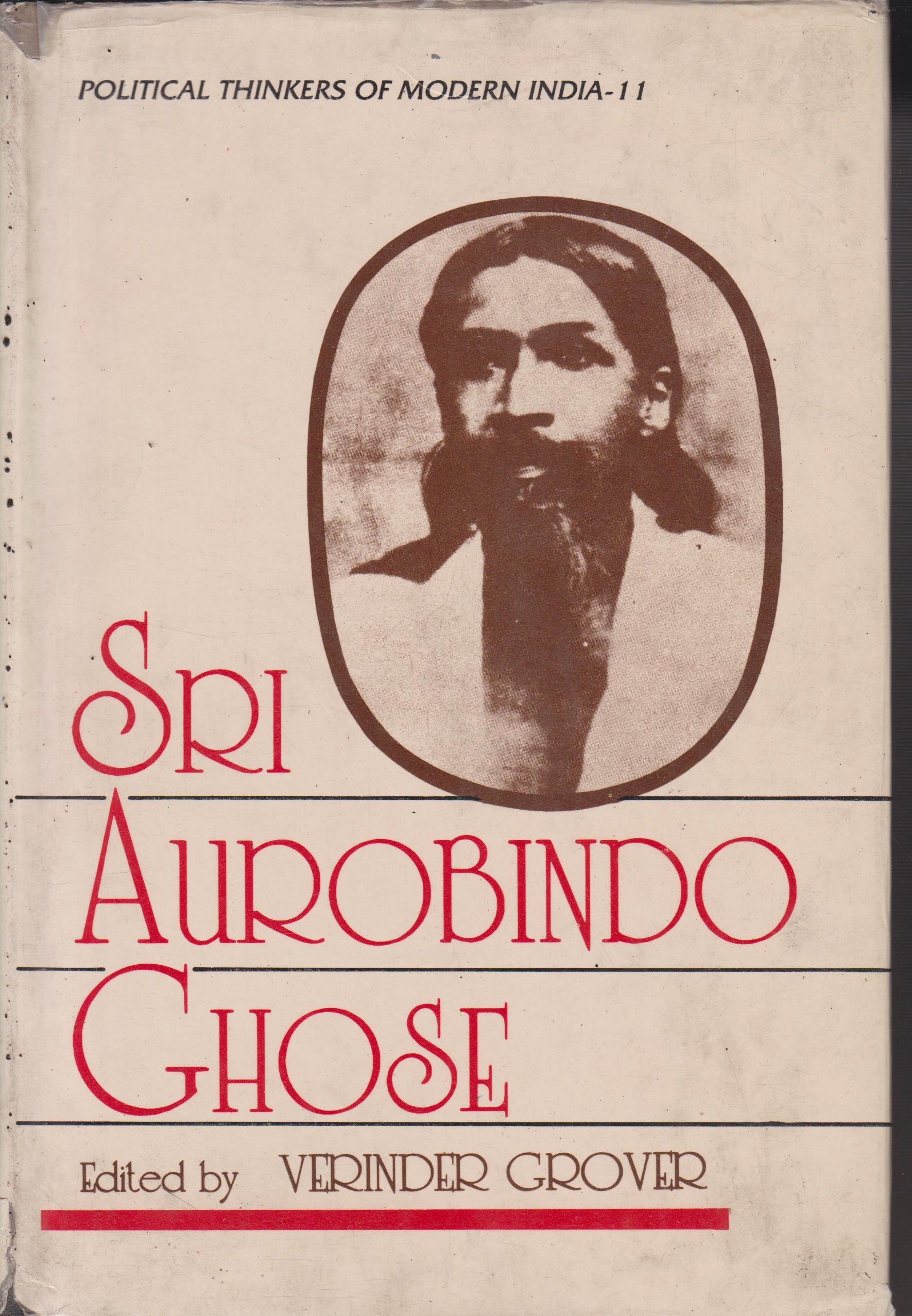
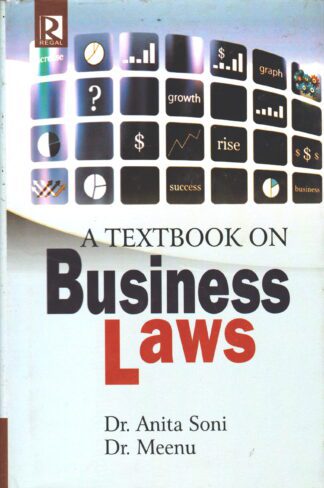
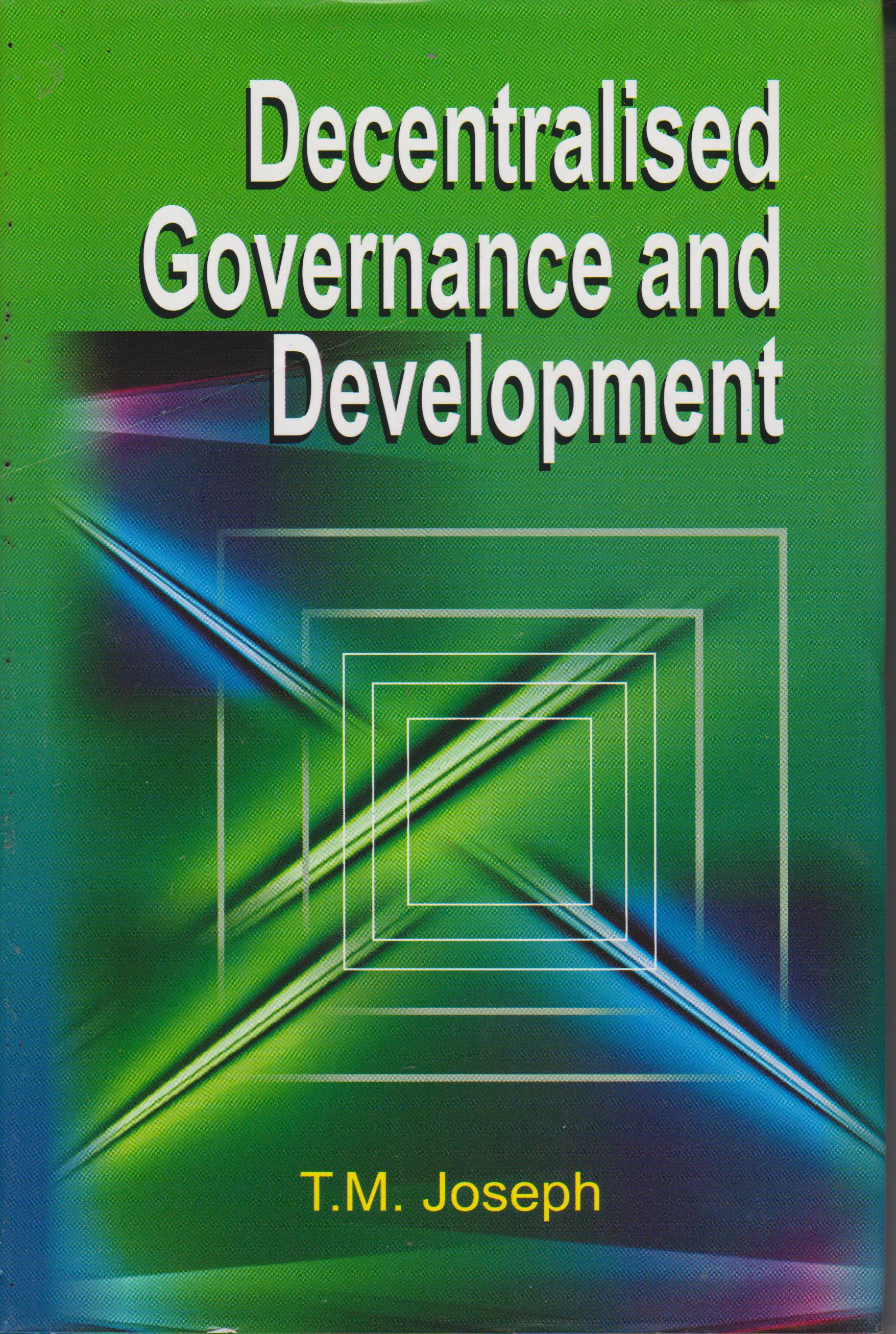
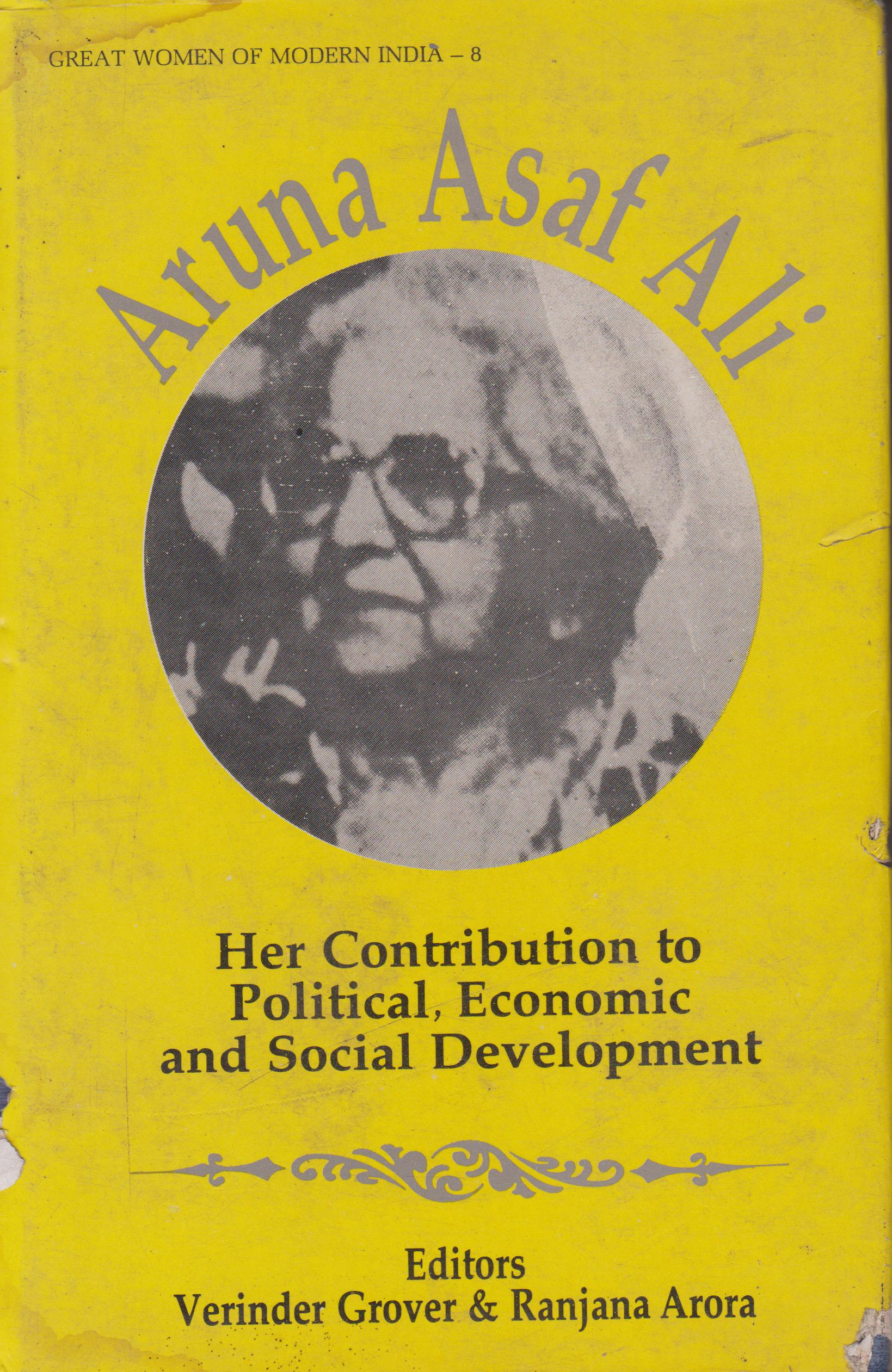

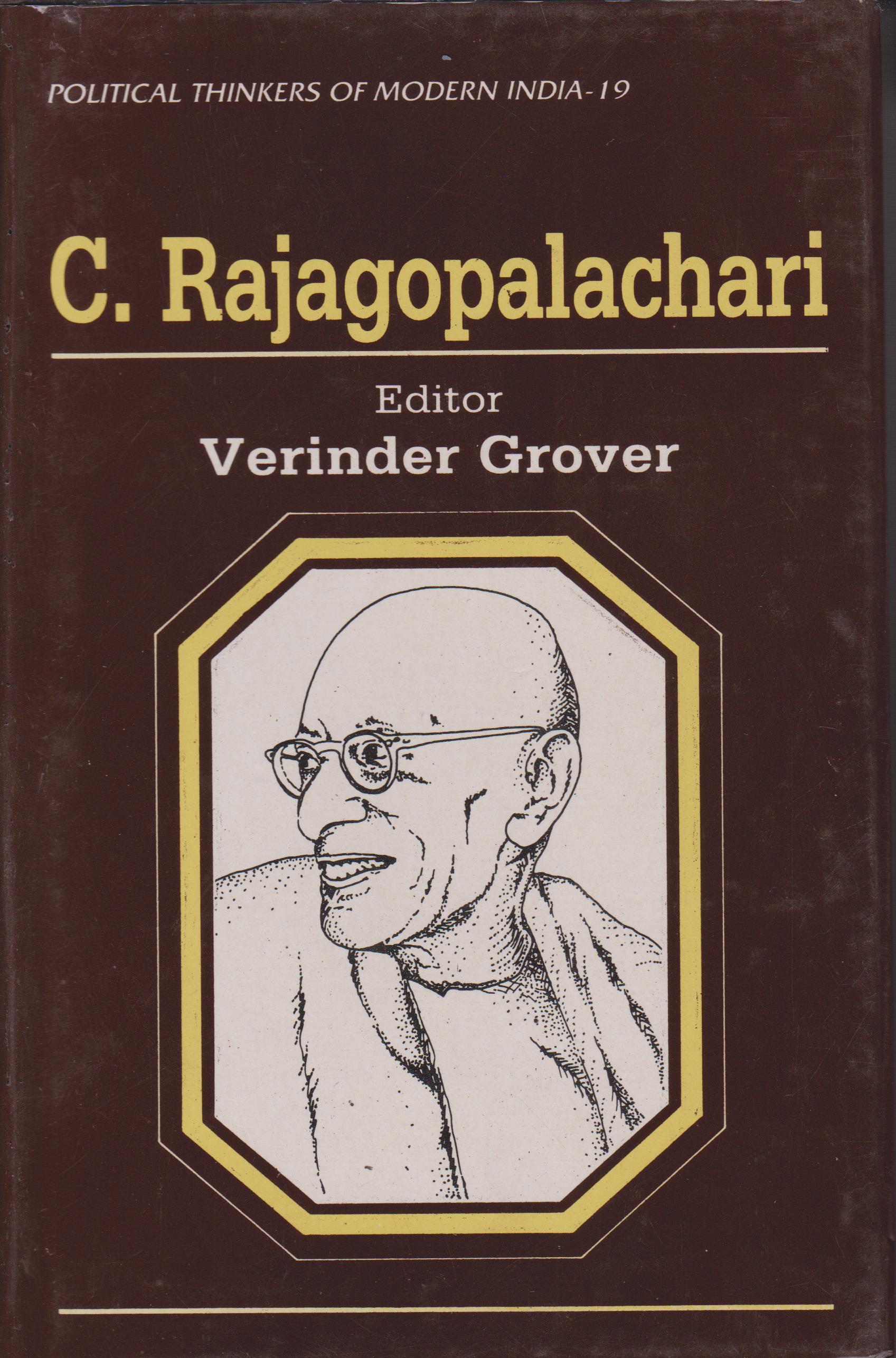
Reviews
There are no reviews yet.